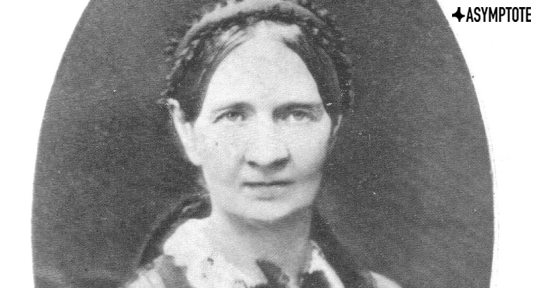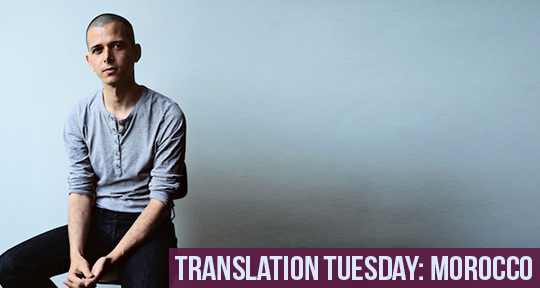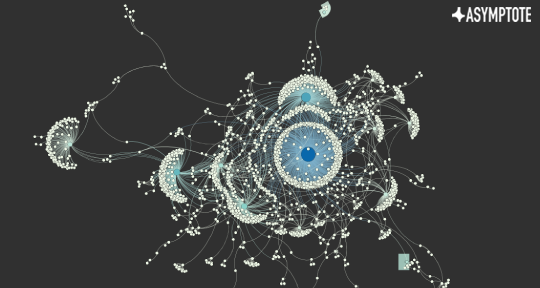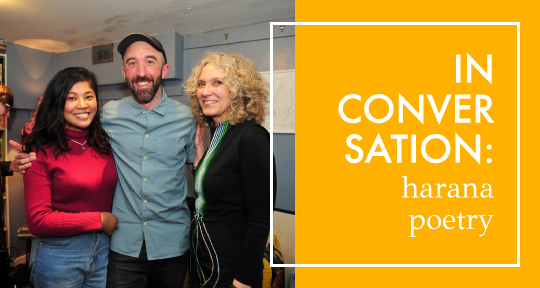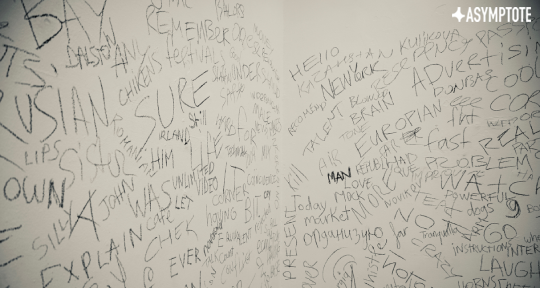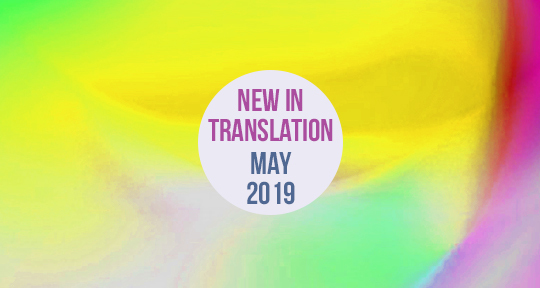Wake up where the clouds are far with Asymptote’s Summer 2019 edition—“Dreams and Reality” brings you stunning vistas from 30 countries, including new fiction from Nobel laureate Naguib Mahfouz, an exclusive interview with Edith Grossman, translator of Marquez’s Love in the Time of Cholera, and never-before-published translations of Nicole Brossard, recent winner of Canada’s Lifetime Griffin Trust Award for Poetry. In our Special Feature on Yiddish writing, published with the generous support from the Yiddish Book Center, you’ll find everything from Isaac Berliner’s dreams of ancient South America to Yermiyahu Ahron Taub’s modern-day America.
In Leonardo Sanhueza’s retelling of intimate life before, during, and after Chile’s Civil War, each poem an unforgettable portrait of a colonist, dreams are harbingers of death. In “A Rainy Tuesday,” Bijan Najdi’s nonlinear journey of grief, on the other hand, dreams are bulwarks against the almost certain demise of missing loved ones. When the veil breaks, the real returns. Internationally acclaimed Korean poet Kim Hyesoon tackles the reality of violence head-on in her latest collection, reviewed by Matt Reeck. For artist Jorge Wellesley, the emptiness of slogans lies exposed in images of rotting, blurred, or blank billboards. In a candid essay, Fausto Alzati Fernández confesses to the rituals of drug addiction, some of which attempt “to grab hold of reality and strip it.”


